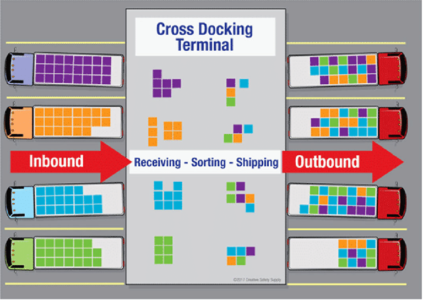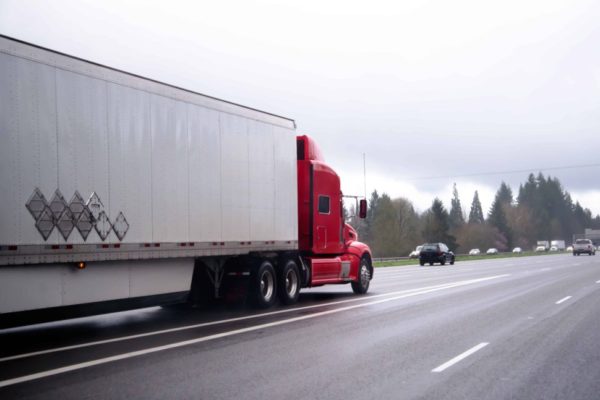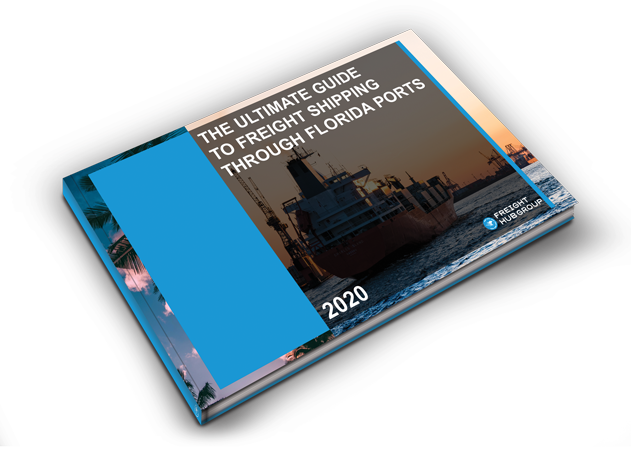
In this article, we shall explain what does dry van mean in trucking.
What is a Dry Van Truck?
In freight transport, a dry van truck is an enclosed shipping container. It is built to protect the cargo being transported from bad weather, rain, and snow. Cargo transported using dry vans does not require refrigeration, hence dry van trailers aren’t fitted with fridges.
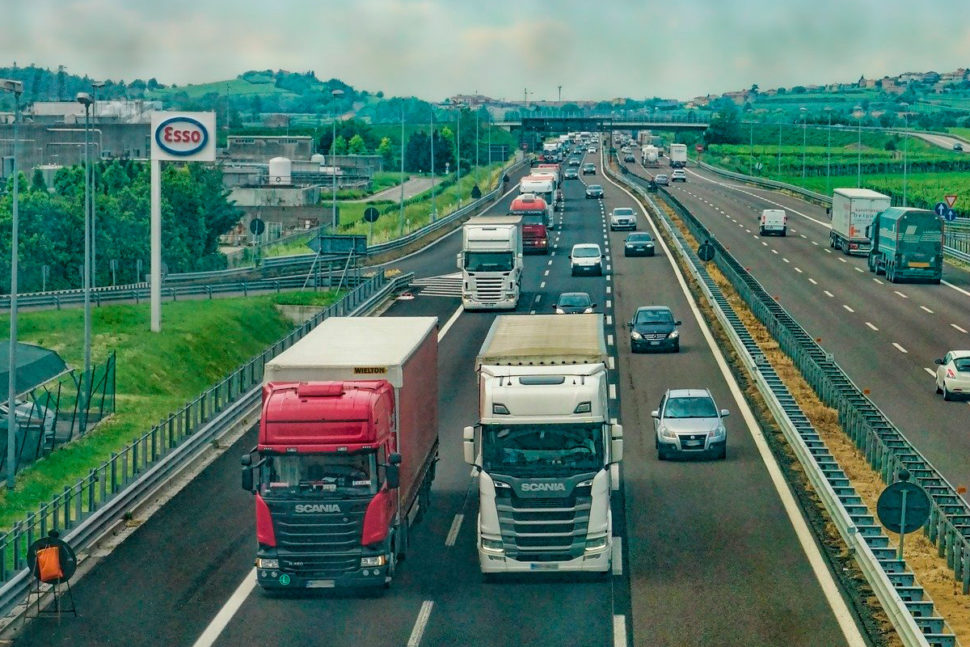
The dry van freight shipping container have:
- Metal coating all-round
- Mostly fitted with swing open doors
- Mostly fitted with wooden flooring.
In fact, a standard dry van trailer carries a standard 41,000 to 45,000 pounds.
There are many different types of trucks on the market for third party logistics, each with their own unique capabilities. Two of the most popular truck types are dry van trucks and box trucks. Both have their own benefits.
Dry van trucks are the most popular type of truck used in the United States. Dry van trucks typically have a cargo area that is enclosed by walls, making them ideal for carrying items that need to be protected from the elements.
Box trucks, on the other hand, are designed for carrying larger items. They have an open cargo area that is typically accessed from the rear of the truck. Box trucks are often used for moving furniture or large appliances.
Freight hauled by dry vans
The dry van trailers are used to transport different freight types especially non perishable goods such as;
- Non perishable food – potato chips, canned goods, and cereal
- Clothing
- Home items – appliances, furniture, garbage cans, and more.
- Machinery and equipment.
- Construction materials – paint, hammers, and nails.
Dry Van vs Box Truck
You probably have been seeing trucks on the road and you have no idea what is the difference between different trucks. Let us have a look at dry van vs box truck right away.
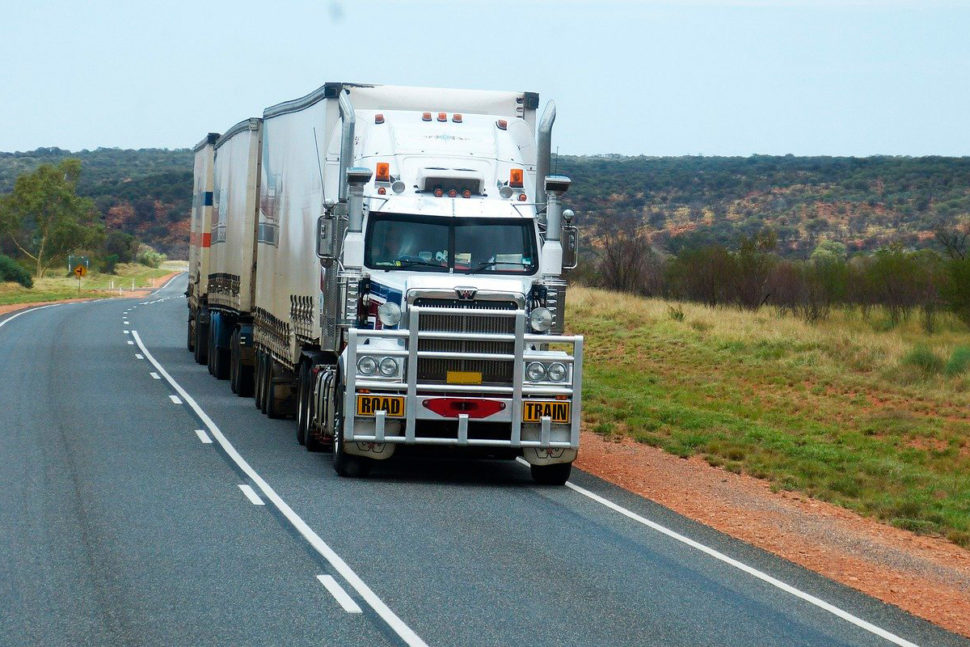
A dry van as we have defined it is an enclosed shipping container with a door at the back. It is used to transport non perishable goods which require no refrigeration. In fact, dry van shipping is highly demanded in the US as the shipping containers protect the products from bad weather (rain and snow).
The dry van truck definition is often misguided by defining a dry van for what it isn’t. It is not a temperature controlled truck, used to carry fresh produce such as meat and dairy items.
What Is a Box Truck?
Actually, the name “Box” truck takes after it’s box shape. It is also called a rolling toaster, cube truck, cube van, or box van. It has an enclosed container which is divided into different cargo areas with cabin and goods components separated by a door for some models.
Ideally, box trucks come in different sizes and are used to perform different tasks such as delivery and transportation. Some of the facts you need to know about box trucks.
Requires no trailer
Imagine the amount of time you could spend mounting and hauling a trailer, you probably could have transported products to the required destination.
Offers a free advertising platform
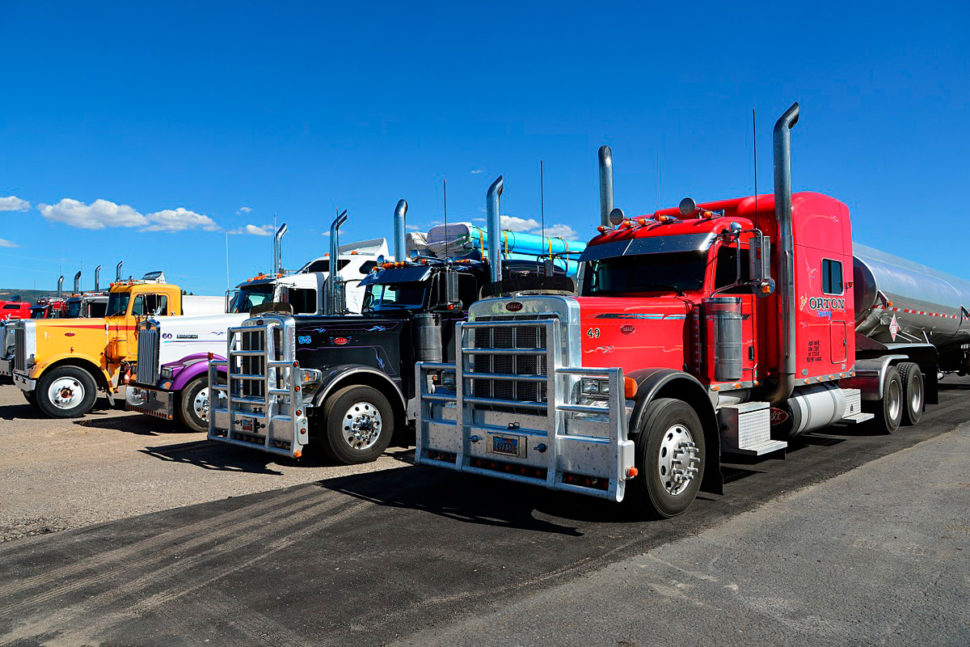
When transporting goods a box truck will move across different cities and will be seen by many people, therefore one can promote a brand by having your business banner stocked on the sides or wheels. The dry vans can also be used to promote a specific brand to the public as well.
Affordable gas mileage
Box trucks are smaller in size compared to dry vans and they can easily maneuver the local suburbs delivery products to specific home addresses at an affordable shipping cost compared to using large trucks. In this sense, there is no other common type of truck used for delivery in areas with congested traffic rather than box trucks.
Safety
As a matter of fact, in supply chain management the safety of products is key. Box trucks and dry vans are relatively safe from vandals who would have the intention of breaking and stealing goods. In addition, they both ensure products are protected from bad weather.
In reality, these two common types of freight trucks are confused but hopefully, you have gotten the difference now.
